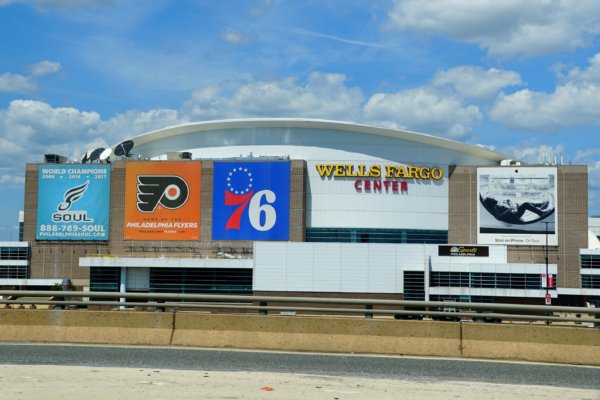On December 12, the Philadelphia City Council passed the 76ers arena deal with a vote of 12 to 4, with one member absent, setting the final vote date for December 19.
This decision came after the 76ers agreed to provide $60 million for the Community Benefits Agreement (CBA) following the council’s postponement of the vote the day prior. This funding commitment over 30 years aims to offset the development’s impact on the surrounding community and provide funding for various citywide projects. Included in this funding is a $5 million commercial displacement fund that will assist downtown businesses affected by the project, including those in the nearby Chinatown. While this $60 million exceeded the 76ers’ initial $50 million proposal by $10 million, it is still below the city’s $100 million agreement.
According to the Philadelphia Inquirer, in order to secure the agreement to build the 76ers arena in the city center, Mayor Cherelle Parker proposed allocating $20 million for affordable housing in Chinatown.
The 76ers have emphasized the need for council approval by the end of this year to open the venue by the expiration of their lease at the Wells Fargo Center in South Philadelphia in 2031. The 76ers seek to construct this arena to have their own home court. For decades, the team has shared the Wells Fargo Center with the Philadelphia Flyers, which they believe has caused scheduling difficulties and hindered their competitive edge in the NBA.
The 76ers argue that the downtown arena will serve as an economic engine for the eastern market, as the inconsistent area has struggled to thrive despite millions of dollars invested. They claim the venue will encourage real estate developers to invest in the area, thereby aiding in its revitalization. Mayor Parker and the city’s robust construction industry have also echoed this sentiment in promoting the arena. Supporters also agree with the 76ers’ stance that the venue will create hundreds of job opportunities and generate millions in new tax revenue for the city and school district.
If approved, the 18,500-seat arena will be located just steps away from Chinatown, where many residents and business owners are concerned about the potential negative impacts on the historic neighborhood dating back 150 years. They fear that the arena will cause traffic congestion, deter people from visiting the area, and harm the interests of hundreds of small businesses. Opponents also express concerns about the displacement issues brought about by urbanization.

